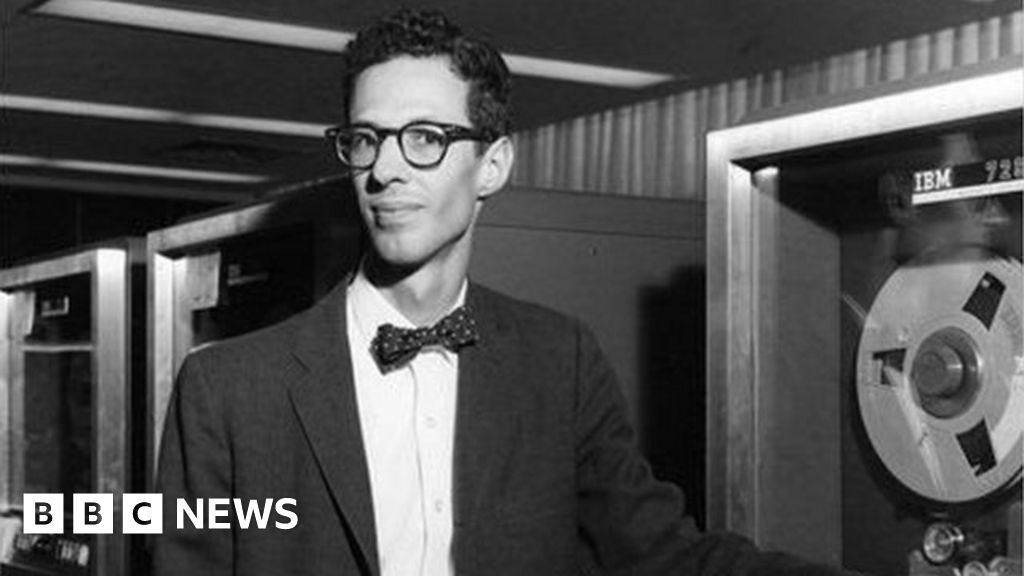Computer Password Inventor Dies Aged 93

 Image copyright
MIT CSAIL
Image copyright
MIT CSAIL
Computer pioneer Fernando Corbato, who first used passwords to protect user accounts, has died aged 93.
Dr Corbato introduced the basic security measure while developing methods that let more people use a computer at the same time.
He developed a technique, called time-sharing, that divided up the processing power of a computer so it could serve more than one person at once.
Dr Corbato reportedly died as a result of complications caused by diabetes.
The work on sharing a computer was done at the Massachusetts Institute of Technology (MIT), where Dr Corbato spent his entire career.
He joined MIT in 1950 to study for a doctorate in physics, but realised during those years that he was more interested in the machines that physicists used to do their calculations than in the subject itself.
Using computers during the 50s was an exercise in frustration because the huge, monolithic machines could only handle one processing job at a time.
In a bid to overcome this limitation, Dr Corbato developed an operating system for computers called the Compatible Time-Sharing System (CTSS).
Rather than have the machine dedicated to one person, CTSS divided up the processing power of a computer into small slices so it could do little bits of work for lots of people.
Even in the 50s and 60s computers were so fast that no user noticed they were only getting a small portion of a machine's processing power at any one time.
The development of CTSS led to another time-sharing programme called Multics, which was the forerunner of the Linux operating system and many other aspects of contemporary computing.
Passwords were introduced to CTSS as a way for users to hide away the files and programs they were working on from others on the same machine.
"Putting a password on for each individual user as a lock seemed like a very straightforward solution," Dr Corbato told Wired in 2012.
In 1990, Dr Corbato received the AM Turing Award - one of the highest honours given to computer scientists - for his pioneering work on time-sharing systems.
Prof Fadel Adib, from the Media Lab at MIT, paid tribute, saying: "Our world would be very different without his research and that of his descendants. He inspires in his work and his legacy."
From Chip War To Cloud War: The Next Frontier In Global Tech Competition
The global chip war, characterized by intense competition among nations and corporations for supremacy in semiconductor ... Read more
The High Stakes Of Tech Regulation: Security Risks And Market Dynamics
The influence of tech giants in the global economy continues to grow, raising crucial questions about how to balance sec... Read more
The Tyranny Of Instagram Interiors: Why It's Time To Break Free From Algorithm-Driven Aesthetics
Instagram has become a dominant force in shaping interior design trends, offering a seemingly endless stream of inspirat... Read more
The Data Crunch In AI: Strategies For Sustainability
Exploring solutions to the imminent exhaustion of internet data for AI training.As the artificial intelligence (AI) indu... Read more
Google Abandons Four-Year Effort To Remove Cookies From Chrome Browser
After four years of dedicated effort, Google has decided to abandon its plan to remove third-party cookies from its Chro... Read more
LinkedIn Embraces AI And Gamification To Drive User Engagement And Revenue
In an effort to tackle slowing revenue growth and enhance user engagement, LinkedIn is turning to artificial intelligenc... Read more

